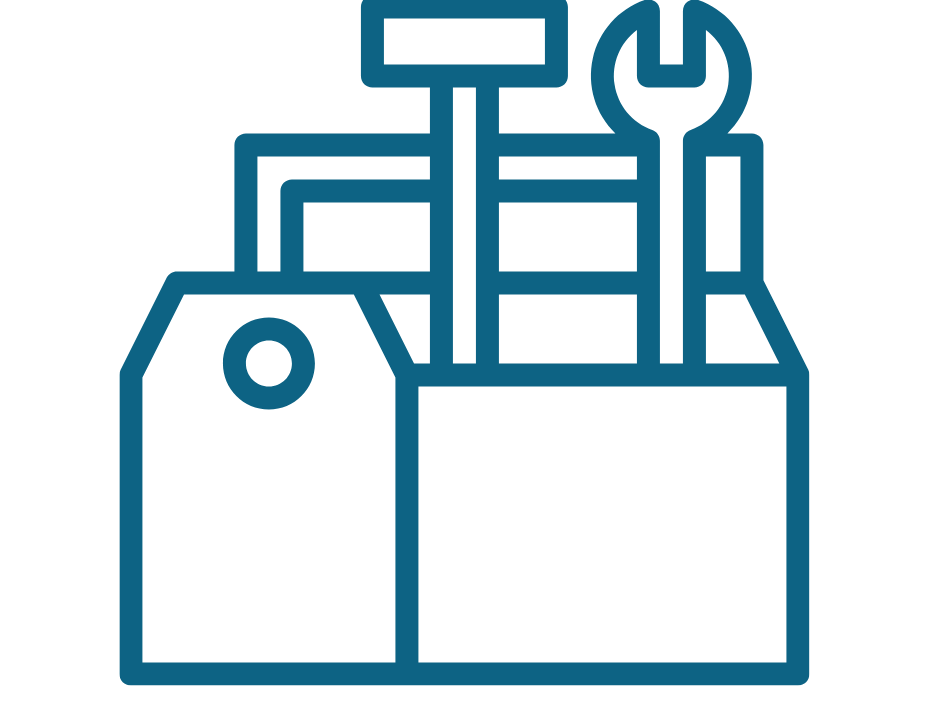
Dr Kay Brown, Executive Secretary, CABRI
April 2024 brings the beginning of our new financial year, and the first year of CABRI’s latest Strategic Plan. We move into CABRI’s sixth strategic phase – The Expansion Phase. This Plan is the collective expression of CABRI country members with the strategic imperative of Expansion, for the purposeful intention of further entrenching CABRI as a Public Financial Management (PFM) Thought Leader internationally and the PFM Voice of Africa, albeit in the era of PFM Digitalisation.
In the multitude of interactions in developing this Plan, our Partners have immediately recognised the ambitious nature of underlying intent and have also each noted its resonance in terms of their organisational strategies. Thus endorsing CABRI’s strategic direction forthcoming from the lengthy deliberations of CABRI’s General Assembly and within the CABRI Secretariat.
Fully endorsed internally, we remain true to CABRI’s Mission:
“To empower African governments in designing and implementing effective PFM systems, policies, and practices through collaborative peer learning, locally driven solutions, and dynamic networks of senior budget practitioners; realising good governance and integrity in PFM.”
Fully mindful of the ever-changing PFM terrain owing to the complexity of global economic fluctuations, climate changes and other challenges to country resilience, and the changing geopolitical landscape - in the Expansion Phase, CABRI will certainly go about this differently.
This Expansion has many institutional dimensions. From a PFM perspective, I highlight:
- Maturation of CABRI's customised methodological approaches, including strengthening the leadership layer of the foundational CABRI Building Public Finances Capabilities (BPFC) programme offering, and
- Reposition for institutional expansion for increased support in light of the growing challenges member countries face

I have noted in a previous edition, the world-wide need to relook at the “PFM toolbox” in light of the magnitude of global crises. Also noted, was the absolute necessity for “Retooling PFM”.
After extensive consideration of country-contextual PFM information and applying problem-driven iterative adaptation techniques as is synonymous with CABRI, and thus entirely expected - the Plan has now been distilled.
The steps of the Plan by their nature don’t conform to linear sequencing in execution, they are:
- Executing CABRI’s array of diverse technical programmes, viewed in terms of 3 purposefully-focussed Work Areas aimed at generating demonstrable country PFM reform results.
- Work Area 1: PFM Reforms and Systems
- To facilitate truly functional approaches to PFM reforms, typically led by Ministries of Finance (MoF) and implemented across key government institutions for enhancing the efficiency, transparency, and accountability of public financial systems.
- World-wide the outcomes have been mixed, sometimes with limited progress and weak evidence of functional improvements, in implementing the Medium-Term Expenditure Frameworks (MTEF), Integrated Financial Management Information Systems (IFMIS), procurement regulations, and Programme-Based Budgeting (PBB) and other well-known tools from the “PFM toolbox”. Repurposing of tools is required.

- Work Area 2: Sector PFM
- To enhance PFM within key government sectors, by aligning PFM practices to the specific imperatives of the sector, enhance efficiency, and achieve better service delivery outcomes for that sector. Historically outcomes have not been demonstrated in sector budget credibility, which hinges on the accuracy and realism of the budget allocation amount and expenditure plans, together with sector delivery capability and own-revenue generation in budget execution; and on the participation of national and sub-national counterparts in Finance as well as in the Sector policy departments/agencies. PFM Retooling is also required here.

- Work Area 3: PFM Sustainability and Inclusion
- To target economic sustainability underpinned by equitable development and social inclusion, through PFM implementation which yields long-term country well-being and resilience.
- Economic sustainability traditionally has been mostly focussed on prudent fiscal management, fiscal discipline, resource allocation efficiency, and emergency responses to unforeseen disasters. In a world in crisis, sustainability and inclusion is not evidenced. PFM Retooling is required for addressing public service delivery with intricate interdependence between economic, social, and environmental well-being, at the very least within the context of a country, and even with international interdependencies.
- Transforming the way in which CABRI employs its comprehensive, multi-faceted set of approaches in support of its PFM work, that is changing the ways of fostering collaboration, building capabilities, generating knowledge, providing peer support, and advocating for impactful reforms.
- This includes how these approaches are achieved through in-depth country case studies, peer learning and engagements, workshops, hands-on training. Many of these methodologies have been initiated and championed by CABRI in Africa, and then tailored and executed in refined ways by CABRI over time. To increase their expedience and effectiveness, this innovation will continue and be expanded, particularly though the CABRI foundational programmes of BPFC and through Policy Dialoguing. Thereby, further honing our PFM Tooling Techniques.

- Gearing for expansion in the future by focusing firmly on:
- Tailored Solutions
- Expanding the footprint of provision of tailored solutions that address the diverse needs and contexts of member countries.
- Scale and Impact
- Scaling up successful programmes so that a broader spectrum of African nations can benefit from CABRI's expertise and support.
- Resilience and Adaptability
Exhibiting CABRI to be an organisation that remains agile in its own actions and in its leadership regarding country crises and challenges responses. Ultimately, enhancing PFM Tool efficiency and effectiveness.
This Strategic Plan 2024-2029 serves as the cornerstone for advancing public financial management across Africa and driving CABRI’s Expansion. Ever-centered on the senior officials in Africa across our rich network of real-world Public Finance experts - and set upon CABRI’s past key achievements of strengthening member engagement, impactful capacity building, thought leadership and advocacy, innovative programmes, and flexible responses to challenges – we now begin executing our Strategic Plan. Undoubtably we will be Retooling PFM in finding solutions for African country Public Finance challenges effectively and collaboratively.
African countries that are not yet members of CABRI are eligible and are invited to contact us soonest, so that you may join formally. Other stakeholders within the broader Public Finance Management community are also welcome to make direct contact with us.